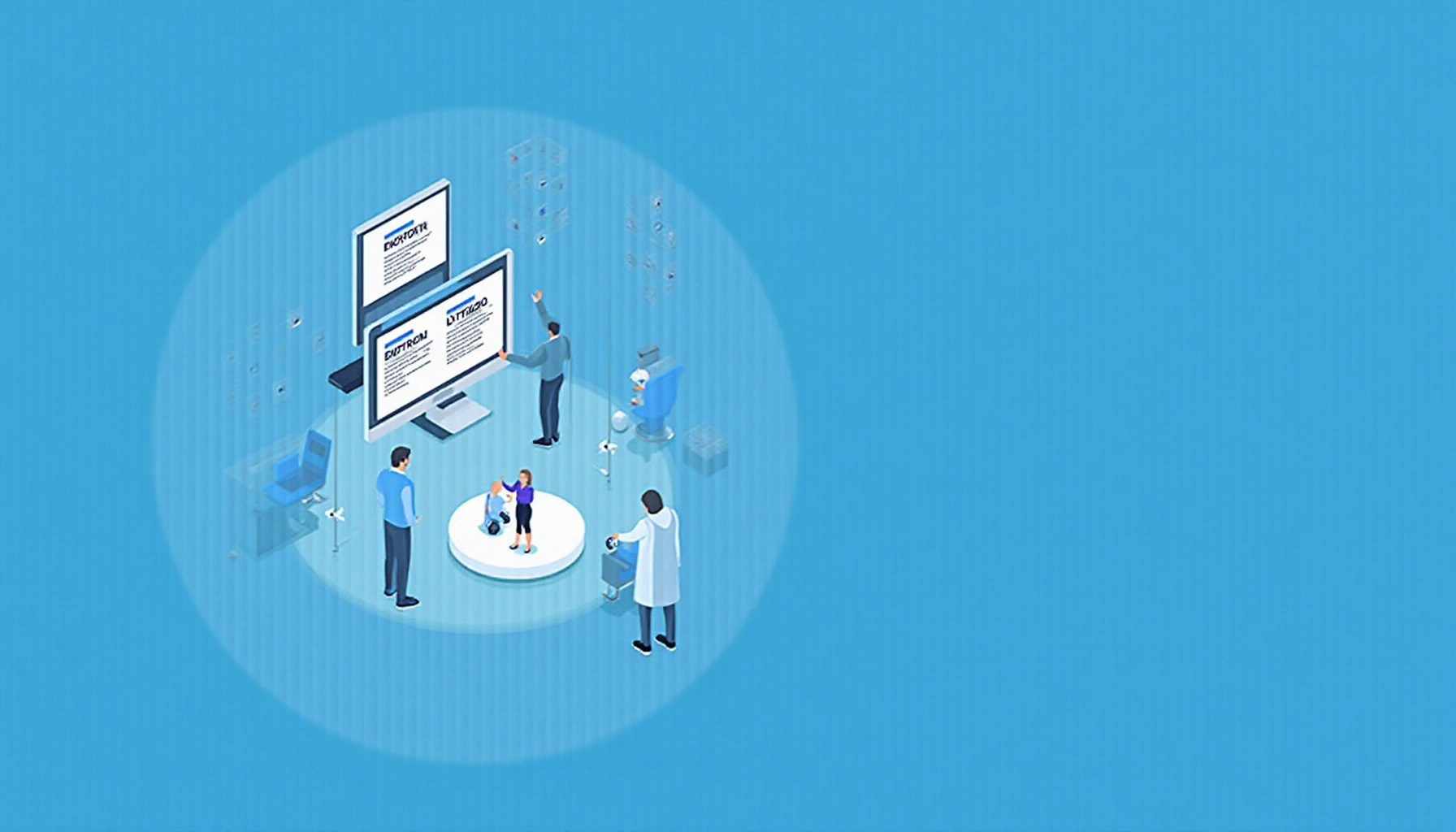Introduction: Are We Ready for AI in Healthcare?
Did you know that over 70% of healthcare professionals believe that machine learning can enhance patient outcomes? However, many still struggle to understand how these innovative algorithms work in clinical settings. This article will explore the intersection of machine learning algorithms for healthcare and blockchain technology, highlighting their potential to revolutionize patient care and diagnostics.
1. What Are Machine Learning Algorithms?
To simplify, think of machine learning (ML) algorithms as smart assistants that learn from data over time. They can identify patterns and make predictions without being explicitly programmed. For example, imagine how a busy restaurant kitchen uses experienced chefs’ intuition; similarly, ML algorithms analyze vast amounts of healthcare data to aid doctors in making informed decisions.
2. How Can Machine Learning Improve Diagnostics?
Machine learning algorithms can enhance diagnostics in numerous ways:

- Predictive Analytics: By analyzing patient data, ML algorithms can identify risk factors for diseases. For instance, ML tools can predict diabetes onset early, allowing for proactive health measures.
- Image Recognition: Using deep learning, ML algorithms can accurately detect conditions from medical images, significantly reducing diagnostic errors.
- Natural Language Processing: This allows for extracting critical patient information from unstructured data like clinical notes.
3. The Role of Blockchain in Enhancing Machine Learning for Healthcare
You might be asking, how does blockchain fit into this picture? In a nutshell, combining blockchain technology with machine learning can enhance data security, privacy, and integrity in healthcare. Imagine a secure ledger documenting every patient’s medical history, easily accessible for machine learning algorithms to analyze without compromising confidentiality.
4. Real-World Applications: Success Stories of ML in Healthcare
Here are some notable instances where machine learning algorithms have been successfully integrated into healthcare:
- IBM Watson: This AI system analyzes vast medical literature and patient records to provide tailored treatment recommendations.
- Google Health: Their ML algorithm significantly improves breast cancer detection rates through more accurate mammogram assessments.
- Tempus: This data-driven company uses ML to provide precision medicine solutions for cancer patients.
Conclusion: The Future of Machine Learning in Healthcare is Here
In summary, machine learning algorithms are changing the landscape of healthcare, improving diagnostics, and enhancing patient outcomes through innovative data solutions. As these technologies continue to evolve, healthcare professionals must stay informed and equipped to navigate this fast-paced environment. Ready to explore how ML can benefit your practice? Find out more about securing patient data and integrating blockchain today!
Disclaimer: This article does not constitute medical or investment advice. Please consult your local healthcare regulations before implementing any technology.





